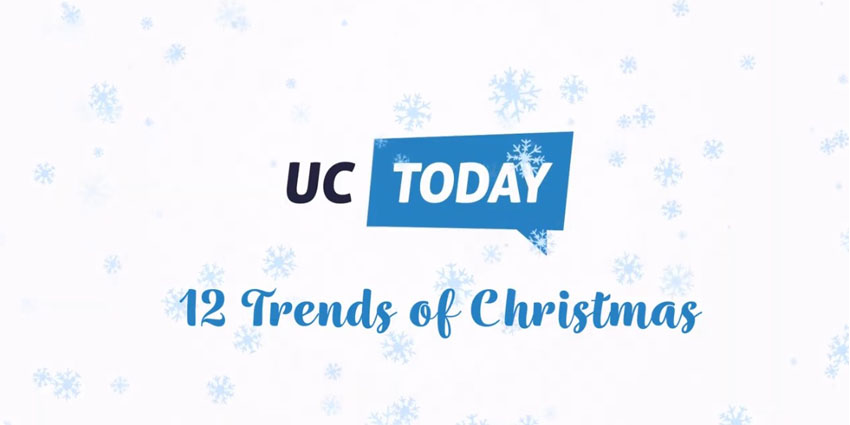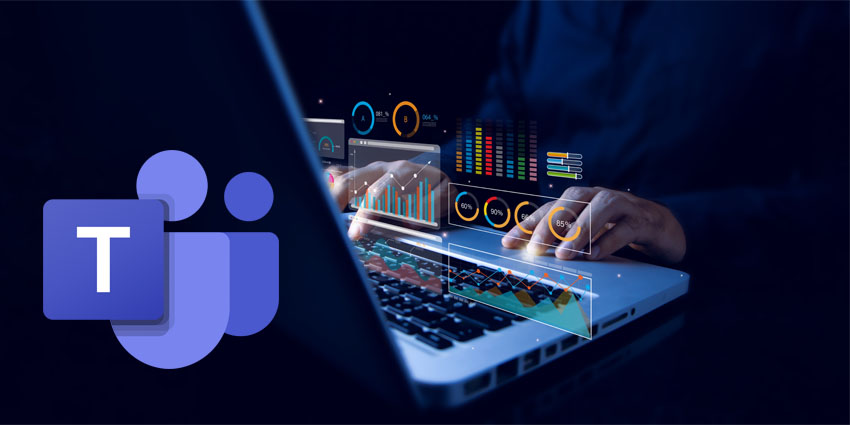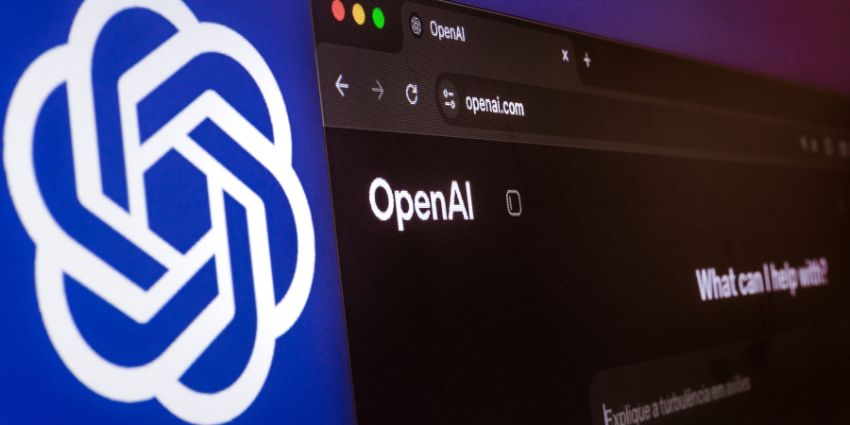Retrospective Meetings or Retros are an essential part of agile project execution, helping you look back on the last project cycle, understand inefficiencies, and plan better for the future. Just like standup meetings are an agile staple, Retros after every sprint makes sprint cycles incrementally more efficient, particularly in the case of complex and time-consuming projects. Retro by Baltic Amadeus is an app that makes it easier to conduct retrospectives using Microsoft Teams’ communication and collaboration capabilities.
- MakeSomeBreak by Virto for Microsoft Teams Review: Auto-Schedule Breaks to Beat Meeting Fatigue
- Klaxoon for Microsoft Teams Review: Kill Meeting Fatigue with Unique and Effective Gamification
Baltic Amadeus is an IT company based out of Lithuania and founded in 1988; it is among the first It companies in the region. Baltic Amadeus has been serving clients outside of the region and in the United States since 2016 and is now positioned as a leading digital transformation partner for companies requiring software development and solution implementation services. In August 2020, the Retro app developed by team Baltic Amadeus was approved and launched on Microsoft AppSource. The company offers another app for Teams called ScrumPoker, also meant for agile project execution.
Let us review the key capabilities of Retro by Baltic Amadeus in more detail.
Inside Retro for Microsoft Teams
To install Retro, head to Microsoft AppSource, and look up Retro by Baltic Amadeus. It is a free app, so you won’t need to subscribe to an additional plan or license to get started. Once the app is in place, you will be able to access the following key features:
- Project and sprint planning – Using the Retro app, you can create agile projects directly inside Teams and define sprint cycles with a specific duration. Team members will be notified of ongoing and upcoming sprints, which then acts as a baseline for retrospective feedback and evaluation.
- Project competencies – The app allows you to select a set of competencies that will be associated with an ongoing project. Retro has 20 built-in competencies, and you can choose up to 5 options for a single project. Team members will then rate themselves and each other on these assigned competencies.
- Scheduled retrospectives – Based on your sprint calendar, you can set a custom retro start date or change the one that’s assigned by default. On the scheduled retrospective date, the Retro app automatically generates and shares a form with the listed competencies, to be filled out by team members and project stakeholders.
- Mood charts – In addition to competencies, the app has an option for registering mood as well. You can evaluate your mood on a scale of 1 to 5, expressing the degree of satisfaction or discontent you felt when working on the sprint. Keep in mind that you can evaluate mood only for yourself and not for your team members.
- Competency evaluation – As mentioned, every project can have up to 5 assigned competencies. Using the Retro form, you can evaluate your own and your team member’s performance against each of the competencies listed. This will act as the foundation of retrospective discussions. In addition to scores, you can also attach comments on what worked, what didn’t, and action points for future sprints.
- Retrospective summaries – Once the retrospective duration has ended, the Retro app automatically displays a summary of the feedback, evaluation, and discussion. This includes the overall team mood as well as an average of competencies across team members.
- Retrospective export – Not only can you use the above data to conduct meetings and discussions on Microsoft Teams, but you can also export it for future reference. The app supports PDF exports, as well as direct export to your Confluence account, where you can access it via Atlassian tools.
- Retro bot – The bot functionality allows you to @mention team members and remind them of an upcoming retrospective.
Why the Retro App Makes a Difference
Retrospectives are an essential part of agile project execution, and this app makes it possible to run retrospectives without the hassles of real-time meetings. Team members can log in asynchronously, share updates, and review key aspects of the sprint experience, including personal mood and competency-based performance. And the ability to connect with your Confluence implementation is a major differentiator.
While there is a native retrospectives app in the works for Azure DevOps as part of Microsoft Garage, the Retro app is still your no.1 option if you are an avid Teams user and subscribe to Atlassian products.
What We Think
Asynchronous retrospectives can dramatically reduce meeting fatigue while improving team efficiency. You can download the app for free here.







